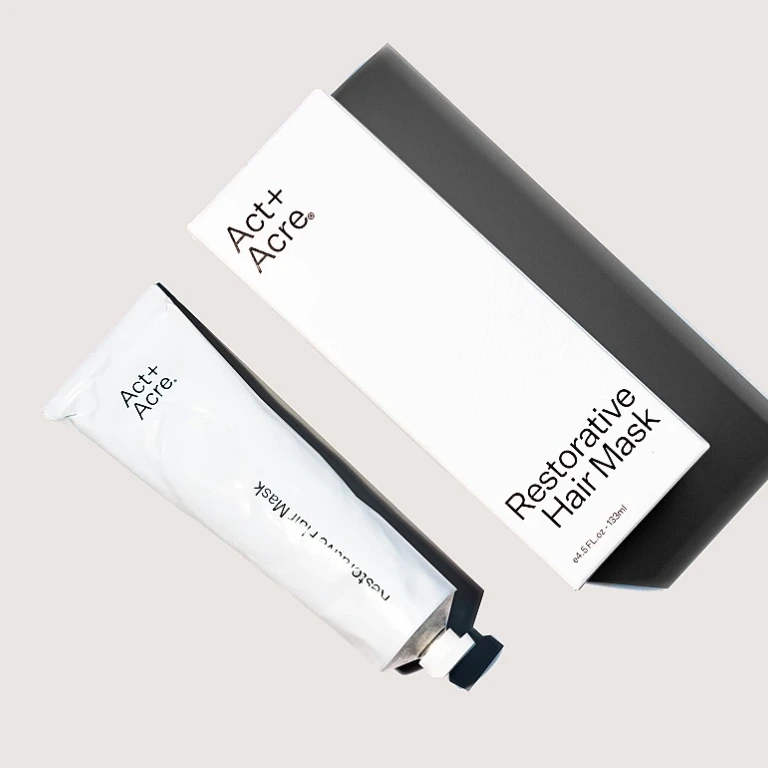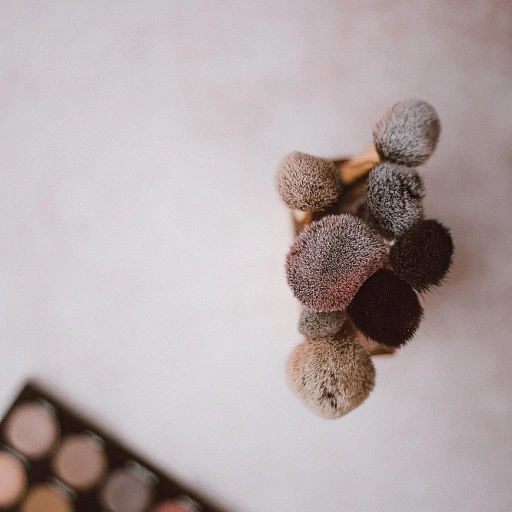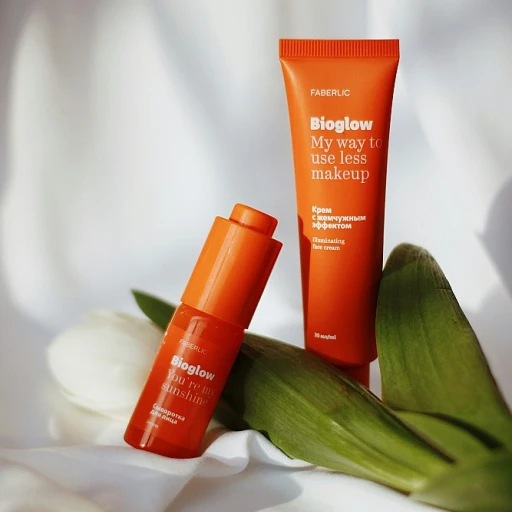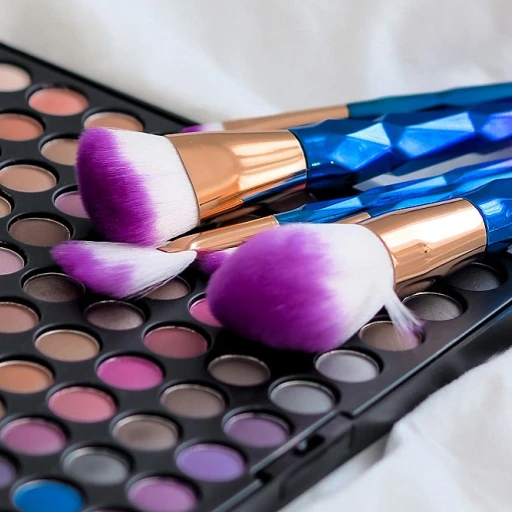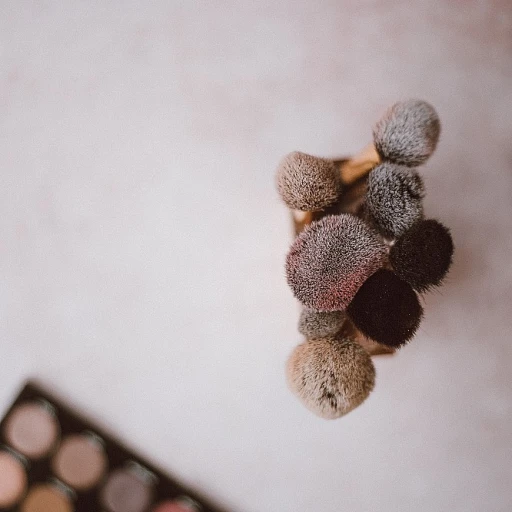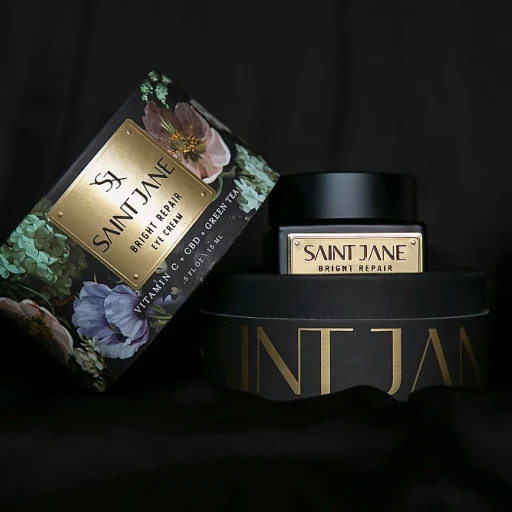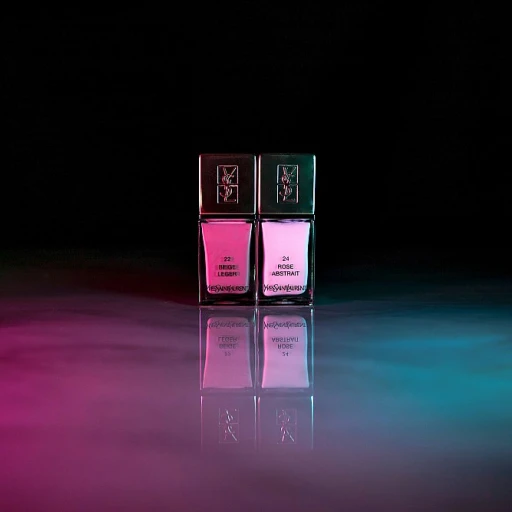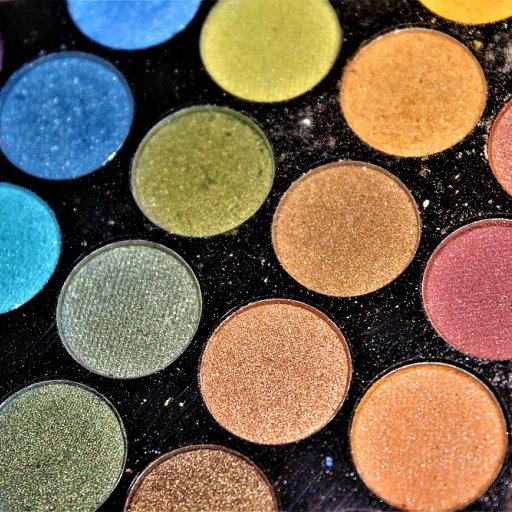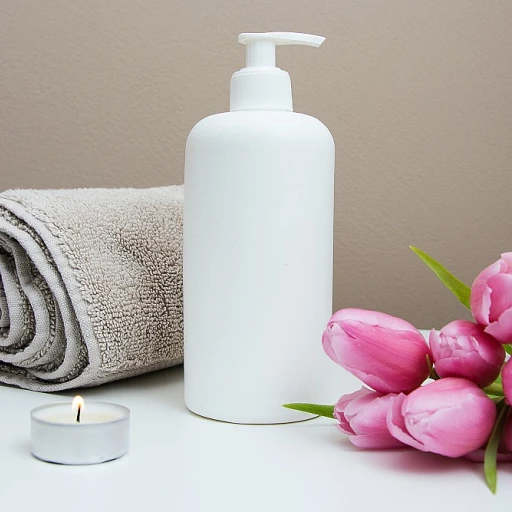
The Rise of Eco-Conscious Luxury
The Green Revolution Redefines Luxury
In recent years, the luxury cosmetics industry has witnessed a remarkable transformation, shifting towards eco-consciousness and sustainability. This movement is led by a growing segment of consumers who are increasingly discerning about the environmental impact of their beauty products. As awareness rises, so does the demand for innovative, sustainable alternatives that do not compromise on quality or luxury.
Eco-friendly cosmetics are no longer confined to niche markets. Instead, they are becoming a staple among high-end brands, redefining the very essence of luxury. This rising demand can be attributed to several factors, including heightened environmental awareness and the pursuit of a sustainable lifestyle. Consumers are keen to support luxury brands that prioritize eco-friendly practices without sacrificing the opulence they are accustomed to.
The spotlight is now on eco-friendly beauty essentials, such as compostable sponges, that serve as a testament to this green revolution. These sponges, crafted from materials like cellulose and coconut fiber, provide a luxurious yet guilt-free cleaning experience. They seamlessly blend the best of both worlds: premium quality and environmental responsibility. As the trend continues to grow, luxury cosmetics that incorporate such eco-friendly elements are positioned at the forefront of the market.
With increasing scrutiny from consumers and the brand's commitment to ethical practices, luxury beauty companies are keenly focusing on offering products that are plastic-free and natural. They aim to maintain the luxurious appeal while integrating sustainable components like plant-based ingredients. This shift not only caters to the demand but also signals a broader change in how luxury beauty is perceived and consumed.
Understanding Compostable Sponges
Decoding the Sustainable Alternatives
As the demand for sustainability grows, the conversation naturally turns to eco sponges, particularly those designed for cosmetic use. While the concept may not be new in the kitchen with the prevalence of eco-friendly kitchen sponges, it is making waves in the luxury beauty world. Compostable sponges offer an environmentally-conscious approach to skincare, plastic free and gentle on the skin.
Composed of materials like cellulose or coconut fiber, these sponges are derived from renewable plant-based sources. They ensure effective cleaning while being truly biodegradable, unlike traditional plastic options. The switch to compostable sponges in the realm of luxury beauty offers an opportunity for both sustainable impact and elegance.
Not just limited to skincare, several brands have adapted the humble kitchen sponge concept for luxury cosmetics. These elegant alternatives tend to exceed their price given the eco-conscious mindset they promote. They may not be the typical kitchen or dish sponges, but their resemblance reflects a seamless blend of environmental awareness and sophistication.
The increasing popularity of plant-based products has fueled the discussion around these alternatives. As beauty enthusiasts explore viable options, reviews on everything from texture to longevity have played a crucial role in promoting their adoption. A compostable sponge, with all its natural allure, not only serves its cleaning purpose but also returns to the earth when it reaches the end of its life cycle.
Explore the potential of eco-friendly factors in luxury cosmetics, and discover how these gentle yet effective sponges align with a greener lifestyle.
Luxury Meets Sustainability
The Luxurious Harmony of Nature and Elegance
In the world of luxury cosmetics, sustainability is redefining elegance. As consumers seek out alternatives that align with their values, the marriage of luxury and eco-conscious practices is gaining momentum. The environmentally friendly approach is not just an addition to luxury; it is becoming a core element of its appeal.
Compostable sponges and eco sponges are spearheading this change. Unlike traditional sponges or kitchen sponges that often rely on plastic, these plant-based alternatives utilize natural materials like cellulose, coconut fiber, and wood pulp. Their biodegradable nature ensures they break down after use, leaving no trace in our environment. This shift is a commitment to minimizing waste while maintaining the luxurious feel expected by discerning customers.
The demand for eco-friendly cleaning tools extends beyond the cosmetic counters and into our kitchens, revealing a growing trend. Kitchen sponges and dish sponges made from sustainable materials are becoming increasingly popular as consumers aim to replace traditional options with eco-friendly ones. Swedish dishcloths and eco sponges have received great reviews for their performance and environmental benefits.
Price points in the luxury market often deter certain eco-innovations. However, the best eco alternatives are not only affordable but also effective. Retailers frequently offer these products at a sale price, making them accessible to a broader audience without compromising on exclusivity.
As luxury brands continue to explore sustainable avenues, compostable sponges are paving the way for a future where opulence and sustainability coexist seamlessly, allowing consumers to indulge responsibly.
Benefits of Compostable Sponges in Skincare
The Beauty of Compostable Sponges in Your Skincare Routine
Incorporating compostable sponges into your skincare routine offers a sustainable touch without compromising on luxury. These innovative sponges have been gaining popularity, especially among those who seek eco-friendly alternatives to traditional skincare practices. Made from natural plant-based materials such as cellulose and coconut fibers, compostable sponges are particularly effective in gently exfoliating the skin, maintaining the luxurious feel that premium cosmetics promise.
Compostable sponges combine utility with environmental responsibility, contributing significantly to reducing plastic waste in our oceans and landfills. Unlike traditional sponges, which often end up contributing to the excessive plastic pollution, these greener options break down naturally, ensuring a minimal environmental footprint.
In addition, the materials used in compostable sponges, such as wood pulp and coconut fiber, boast natural cleaning properties that enhance the effectiveness of your cleansing routine. They work as a perfect complement to high-quality skincare products, leaving the complexion clear and revitalized without the need for harsh chemicals.
The current market shows a growing appreciation for these sponges, highlighted by positive reviews. As more consumers become aware of the environmental challenges posed by plastic usage, eco sponges can serve as a much-needed eco-friendly solution. Even though the initial purchase price might be higher compared to conventional kitchen sponges, the long-term benefits and the reduction in ecological impact make them worth the investment.
Finally, the adaptability of compostable sponges extends beyond skincare to broader uses, such as in kitchen cleaning or using them as alternatives to dish sponges. Whether it’s the fashionable Swedish dishcloths or other plant-based varieties, these sponges prove that luxury and sustainability can beneficially coexist.
Challenges in the Luxury Market
Balancing Luxury and Sustainability
In the realm of luxury cosmetics, the integration of eco-friendly practices, such as the use of compostable sponges, presents both opportunities and challenges. While the appeal of sustainable beauty is undeniable, the luxury market faces unique hurdles in fully embracing these eco-conscious alternatives.
One of the primary challenges is the price factor. Luxury brands are synonymous with exclusivity and premium pricing, and introducing eco-friendly products like compostable sponges can disrupt this balance. The cost of sourcing high-quality, natural materials such as coconut fiber or wood pulp for these sponges can be significantly higher than traditional options. This often results in a higher regular price for consumers, which can be a deterrent despite the growing demand for plastic-free solutions.
Moreover, the reviews and perceptions of eco-friendly products in the luxury sector can vary. While some consumers appreciate the eco benefits and are willing to pay a premium price, others may question the efficacy of these products compared to conventional luxury offerings. The challenge lies in convincing consumers that compostable sponges can deliver the same level of performance and luxury experience.
Another hurdle is the availability and distribution of these products. Luxury brands often have established supply chains that may not be equipped to handle the unique requirements of eco sponges. Transitioning to sustainable alternatives requires significant investment in research and development, as well as adjustments in manufacturing processes.
Despite these challenges, the potential for growth in the sustainable luxury market is immense. As consumers become more environmentally conscious, the demand for plant-based and compostable products is expected to rise. Luxury brands that can successfully navigate these challenges and offer high-quality, eco-friendly solutions will likely see a positive impact on their brand image and customer loyalty.
Future of Sustainable Luxury Cosmetics
Embracing a Greener Tomorrow in Luxury Beauty
The future of sustainable luxury cosmetics is a promising horizon, where elegance and eco-consciousness walk hand in hand. As the demand for environmentally friendly products continues to rise, luxury brands are increasingly integrating sustainable practices into their core values. This shift is not just a trend but a necessary evolution, reflecting the growing awareness and responsibility towards our planet.
Compostable sponges, made from natural materials like cellulose and coconut fiber, are a testament to this change. They offer a plastic-free alternative to traditional kitchen sponges, aligning with the eco-friendly ethos that many luxury brands are now adopting. These sponges not only serve as effective cleaning tools but also contribute to reducing the environmental footprint, a crucial factor for the discerning luxury consumer.
However, the journey towards sustainability in luxury cosmetics is not without its challenges. The high price of eco-friendly materials and the need for innovative production methods can pose obstacles. Yet, as discussed earlier, the benefits of compostable sponges in skincare are undeniable, offering a plant-based, natural option that appeals to both the environmentally conscious and the luxury market.
Looking ahead, the integration of sustainable practices in luxury cosmetics will likely expand beyond compostable sponges. We can expect to see more plant-based ingredients, plastic-free packaging, and eco-friendly production processes becoming the norm. As consumers continue to prioritize sustainability, luxury brands will need to adapt, ensuring that their products not only meet the highest standards of quality but also contribute positively to the environment.
In conclusion, the future of luxury cosmetics is bright and green. By embracing eco-friendly innovations like compostable sponges, the industry is paving the way for a more sustainable and luxurious future, where beauty and responsibility coexist harmoniously.

